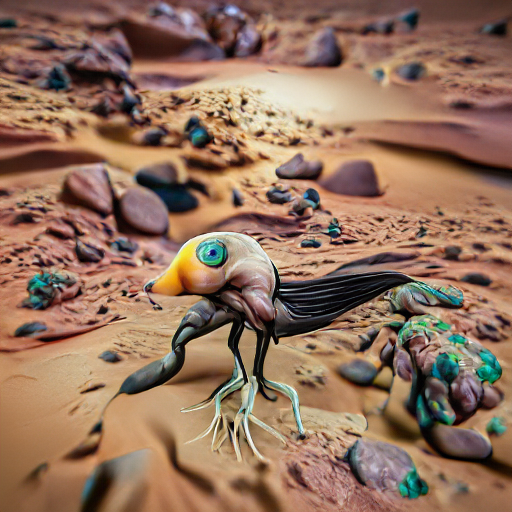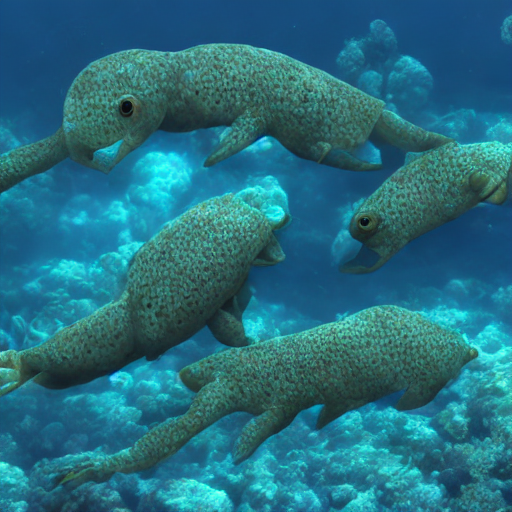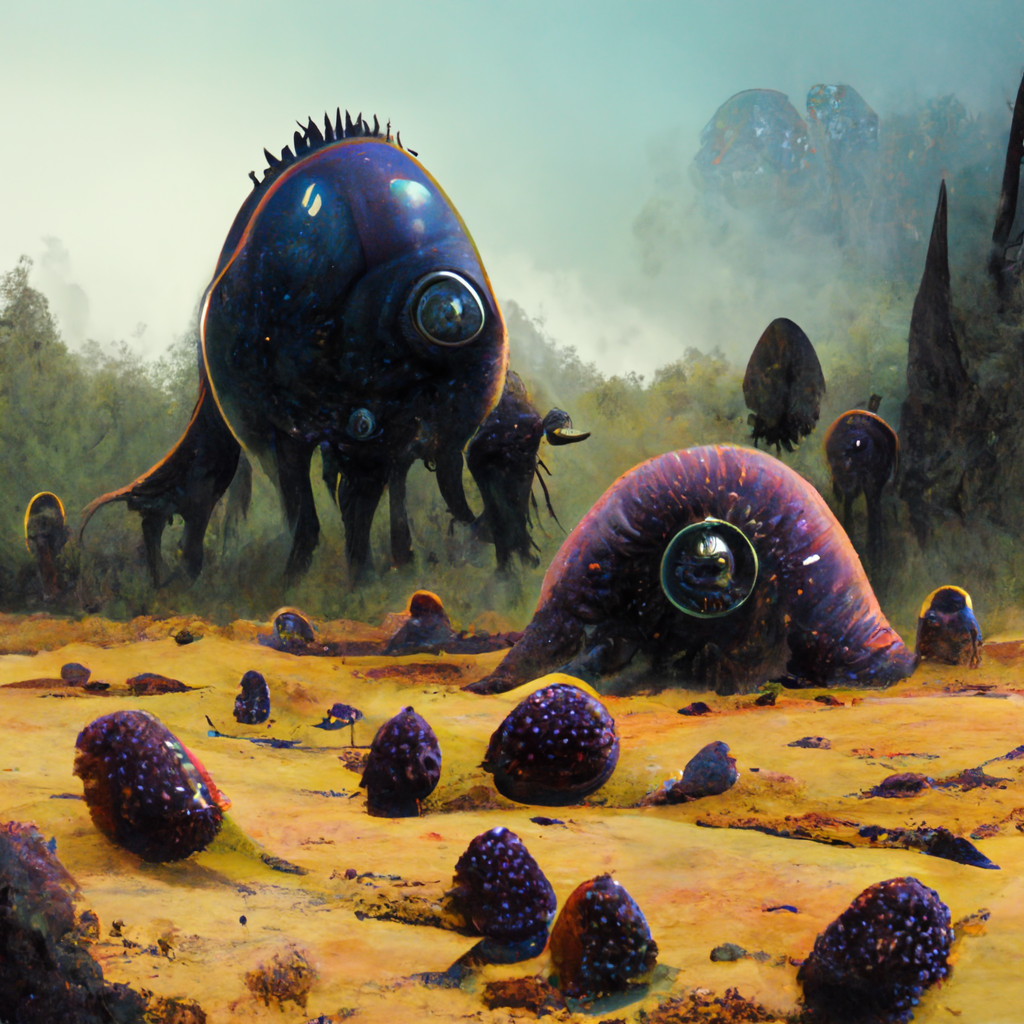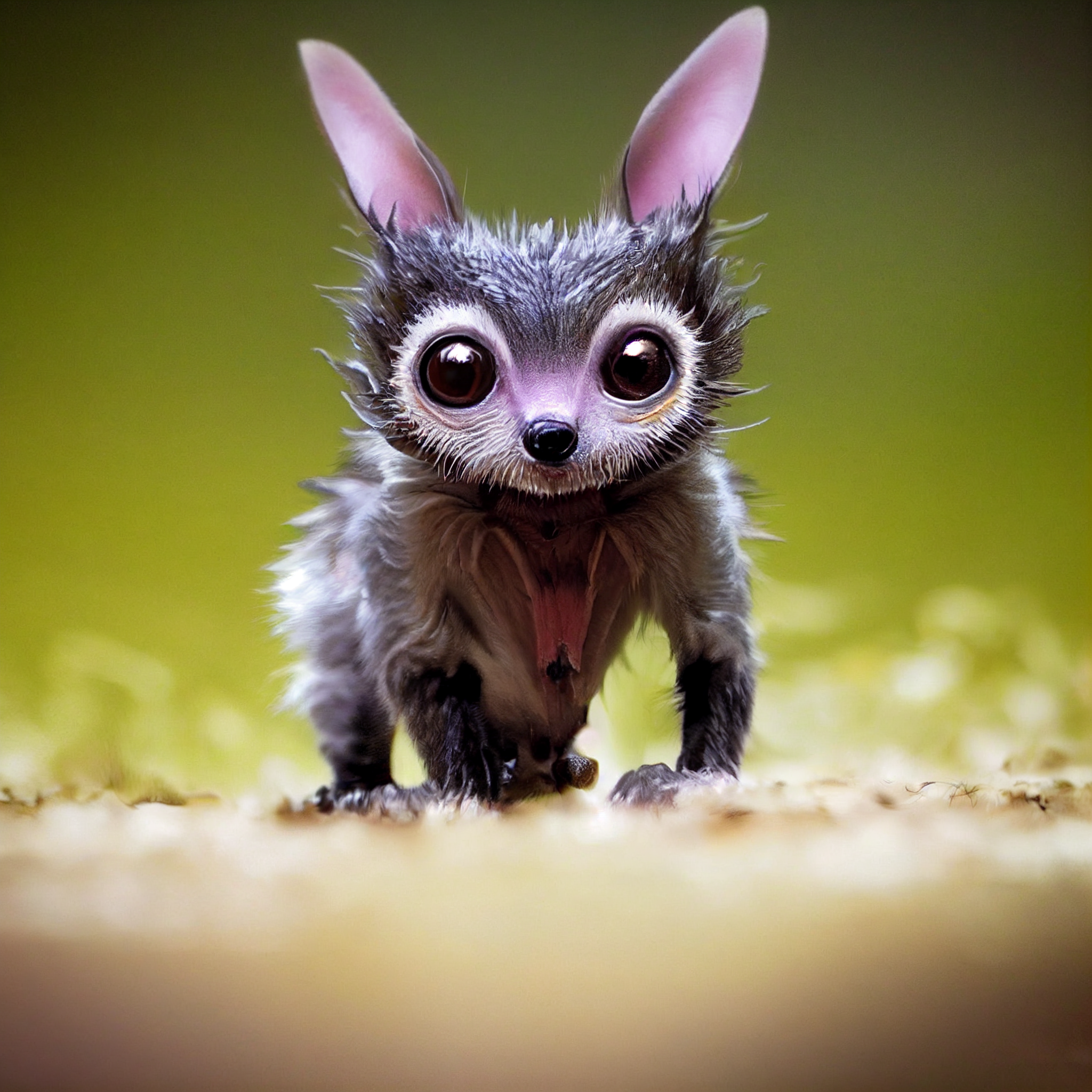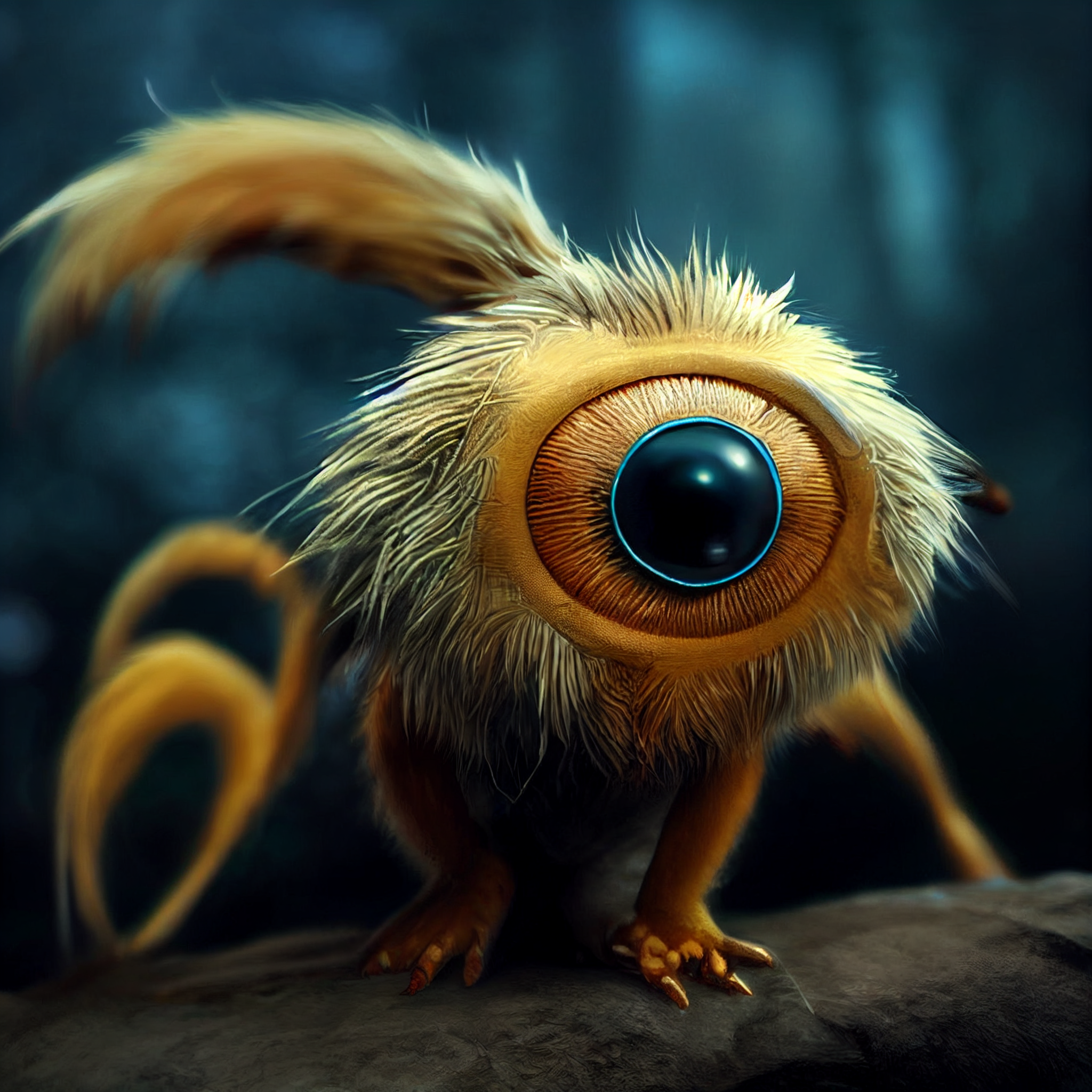

Arochngiaps are sentient, blind masses of undeveloped meat found deep underground and in caves. They move slowly and grow random limbs, with records showing anywhere from 0-10 arms and legs. They can often be found in small pools of still water, absorbing nutrients through their skin.
Explore an endless universe of ficticious life on NovelGens.

